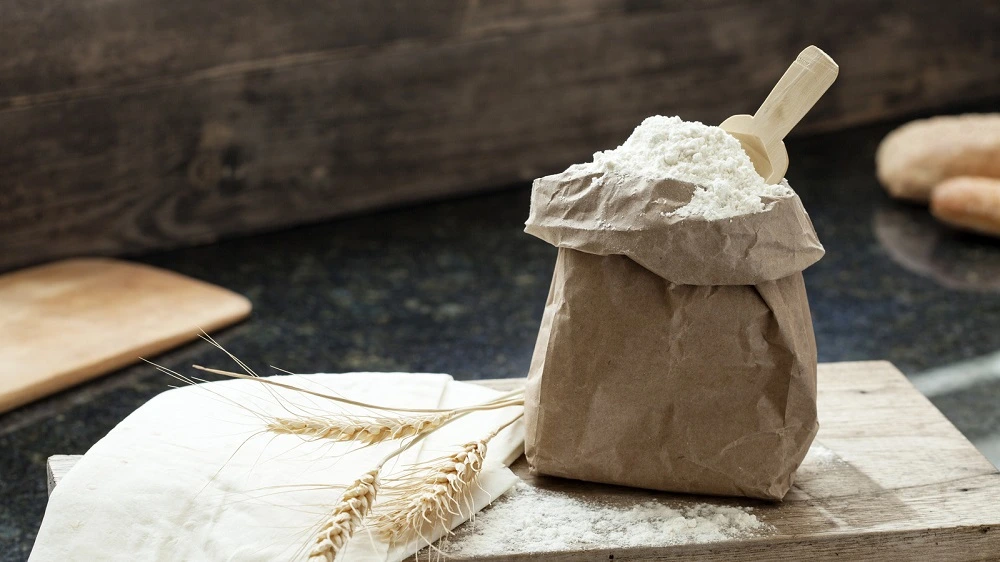Rising Prices Hit Households Hard
Inflation has once again struck the people of Peshawar, where the price of wheat flour has risen sharply within just a week. According to the latest figures, the cost of a 20-kilogram flour bag has increased by up to 100 Pakistani rupees (around $0.35). For many low and middle-income families, this surge is a significant burden, as wheat flour remains a primary staple in daily meals.
Local traders report that a 20-kilogram bag of mixed wheat flour is now selling at 2,400 rupees, while fine-quality flour has reached 2,600 rupees. The rise comes amid already high food inflation, forcing many households to cut back on other essentials to afford basic bread and chapati.
Impact Extends Beyond Peshawar
The price hike is not limited to Peshawar. Reports from Punjab indicate that wheat flour costs are also climbing in cities such as Sargodha. According to local media, the price of white flour bags has increased by 20 rupees, while red flour bags rose by 10 rupees. Although these increments may appear modest compared to Peshawar, they reflect a nationwide trend of rising food costs.
Across many regions, consumers complain that flour is not available at official government-controlled rates. As a result, citizens are forced to purchase from private markets at inflated prices, further straining household budgets.
Flour Shortages and Supply Chain Strains
The recurring rise in flour prices highlights ongoing challenges in Pakistan’s wheat supply chain. Factors contributing to the crisis include limited government stocks, hoarding by middlemen, and rising transport costs. Global trends have also played a role. The disruption of wheat exports from key producing nations, combined with Pakistan’s reliance on imports to stabilize local markets, has put additional pressure on domestic supplies.
Pakistan produces wheat domestically, but production often falls short of demand due to outdated farming techniques, water shortages, and climate-related impacts. For ordinary citizens, these structural issues translate directly into higher prices at local shops.
Citizens Call for Government Action
Frustrated by the repeated price shocks, residents of Peshawar and other affected cities are demanding urgent government intervention. Many argue that flour, being a basic necessity, should remain affordable for the common man. Local voices stress that unchecked inflation is eroding purchasing power, pushing more families toward food insecurity.
Authorities are being urged to release government-held wheat stocks into the market, enforce price control mechanisms, and take action against hoarders. Without such steps, citizens fear that flour may soon become out of reach for many low-income households.
Broader Context: Food Inflation in Pakistan
Food inflation has been one of the most pressing challenges in Pakistan over the past year. According to official statistics, food prices rose by more than 30 percent in 2023, with wheat and flour leading the surge. The World Bank has also warned that Pakistan remains highly vulnerable to global commodity price shocks, given its import dependency.
Bread and chapati, made from wheat flour, are central to the Pakistani diet. Any disruption in supply or affordability has immediate consequences for millions of families. Experts caution that if prices continue to rise unchecked, Pakistan could face a deeper food security crisis, particularly in urban centers where dependence on market-purchased flour is highest.
Conclusion
The sharp increase in flour prices in Peshawar and other parts of Punjab has once again underscored the fragility of Pakistan’s food supply system. With limited availability of government-subsidized flour and soaring market rates, ordinary citizens are bearing the brunt of inflation. Unless swift measures are taken, the widening gap between income levels and basic food costs may deepen existing social and economic challenges in the country.















